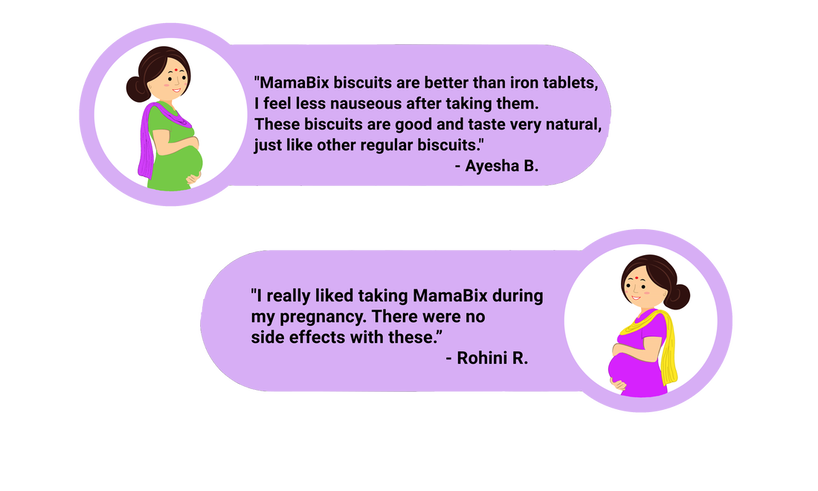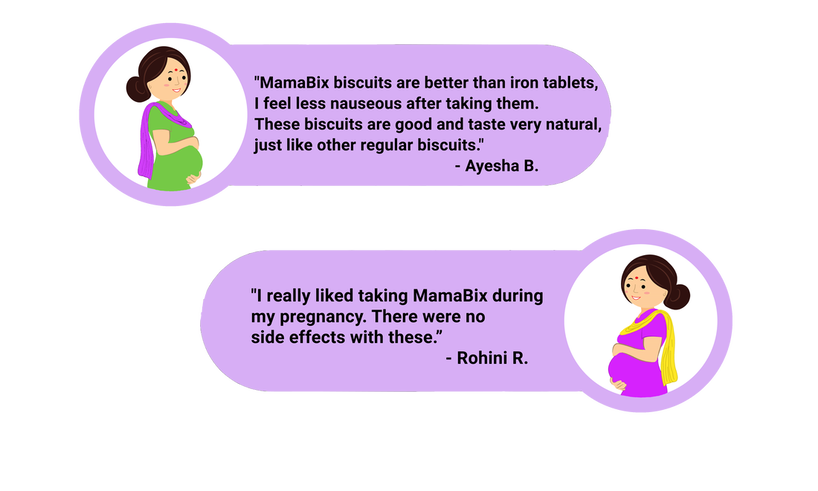 Another phase of life starts after you deliver the baby and you begin lactating. There a lot of myths & facts surrounding lactation and here we're trying to bust some of them with scientific facts!
0 Comments
 A baby is a beautiful blessing and brings abundance, happiness and joy looking at the baby steps that they take everyday in the process of growing up so fast! Here are some milestones that you begin to see in your baby as he/she grows up to be a toddler from infancy:
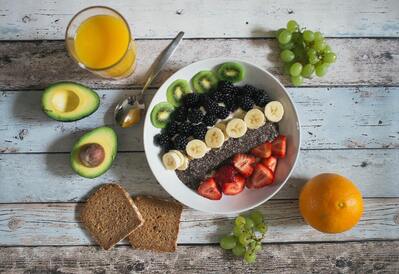 Fruits are immensely important during pregnancy. They make you feel hydrated, serve your pregnancy cravings in a healthy way, & also provide so many nutrients for you & your baby’s well being. Here is a list of fruits that are a rich source of iron, to help you increase your blood production & improve your hemoglobin levels.
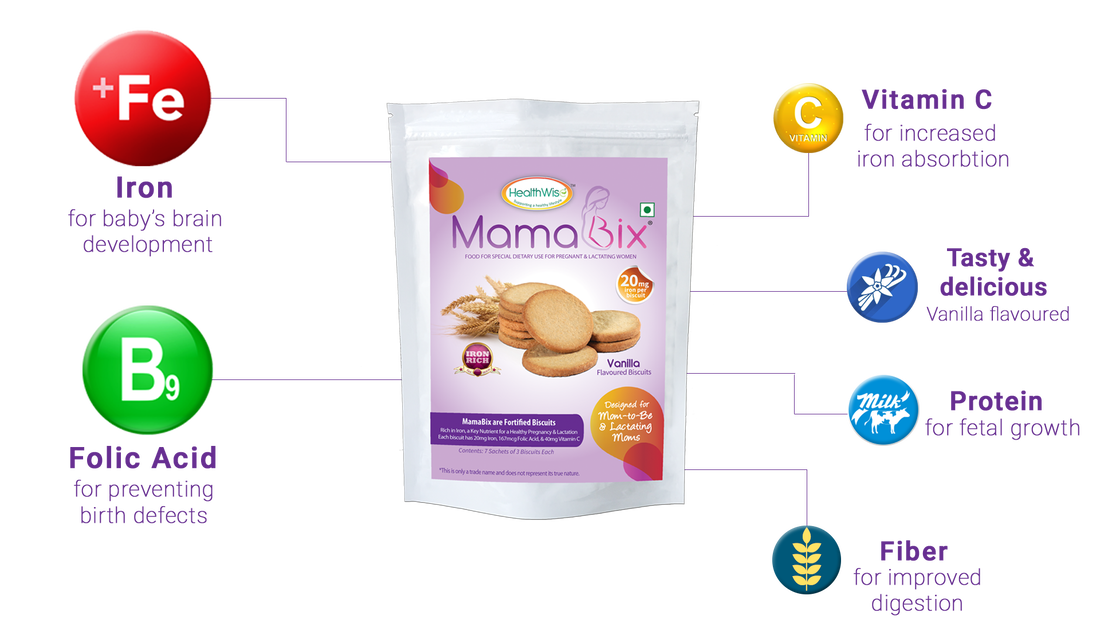 More than 70% of pregnant women prefer eating MamaBix over iron pills.  One of the most frequent questions we hear is: while I'm pregnant, is it safe to eat or drink _______? And, if so, how much? So, during pregnancy, are tea & coffee safe to consume? If so, how much is safe? Tea & coffee both contain caffeine, which is harmful for both the mother & the fetus. Caffeine slows down certain physiological activities which can cause difficulty in getting pregnant. In addition, consuming high levels of caffeine can reduce your body's ability to absorb iron, leading to low hemoglobin levels and iron deficiency anemia in the mother. This can, if left untreated, cause serious effects for both mother & baby. Finally, intake of more caffeine during pregnancy can cause low birth weight during childbirth. As a result, the recommended daily safe quantities are 100-150mg of caffeine. That's about 1-2 cups of tea. Since different types of coffees have different levels of caffeine, it is particularly important to check your coffee to estimate the amount that is safe for you and your baby. (https://cspinet.org/eating-healthy/ingredients-of-concern/caffeine-chart) Please note that green tea is not very different from regular tea & should not be consumed in excess quantities. Moderation is the key, and in the case of tea & coffee, it should be taken very seriously. Instead of a cup, you can always indulge in other activities like yoga, meditation, or long walks for easing your stress -- which can even leave you feeling fresh & healthy! 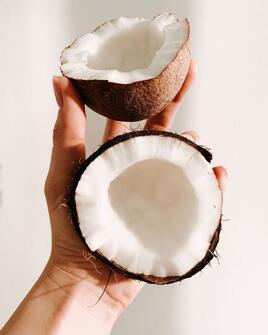 There are so many myths surrounding foods during pregnancy. To help, here is some science about coconut & how it qualifies to be a pregnancy superfood! Coconut Water -- the first thing that you notice is the water. Is it safe for you? Does it benefit you? Actually, coconut water is hydrating as it contains sodium, potassium, magnesium, all important minerals which you may lose as you battle with your morning sickness! It also helps in re-hydration and prevents nausea. Raw Coconut -- Eating coconut helps you with your needs of water & fiber. Coconut contains healthy fats, which are needed during pregnancy. Coconut also contains lauric acid which helps in milk production and is super helpful during lactation! You can choose to have coconut shredded, roasted, or even added to your desserts or meals. It prevents the feeling of fatigue, gives you energy, increases immunity, improves circulation, and also prevents dehydration. Coconut Milk -- milk present in coconut is rich in iron, which can help prevent anemia. It also contains good fats which help in the growth of baby. The coconut milk also contains lauric acid which helps in milk production and helps in lactation when taken during pregnancy! However, if you have gestational diabetes you should be careful to moderate your intake according to your doctor's guidance & your glucose levels. But what's the difference between coconut milk & coconut water? Coconut milk comes from the flesh of the coconut and is rich in calories. Coconut water on the other hand is a thin liquid that is high in potassium and often used as a source of fluid to quench hydration. It's amazing how the most common foods prove to be so nutritious during pregnancy -- along with being so refreshing and flexible! (Doesn't coconut fit almost anywhere?) 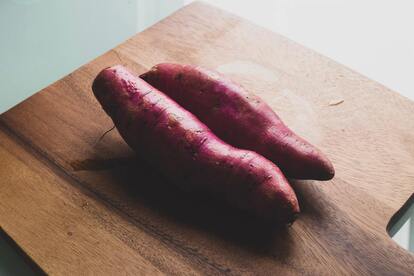 Pregnancy is a very confusing time in terms of what is good and healthy for you to consume, and what is not! Here is a list of the most commonly forgotten pregnancy superfoods that are really beneficial — but are often overlooked. 1. Asafoetida/Hing - is a medicinal herb in India. During the first trimester of pregnancy, many women experience bloating, nausea, constipation, indigestion, and an altered appetite due to various hormonal changes. A pinch of asafoetida during meal preparation like curries and dals can be useful to relieve all these symptoms. It can also be added to buttermilk and consumed during the day. 2. Nutmeg/Jaifal - is a medicinal spice that helps to relieve anxiety and a constant feeling of sleepiness during pregnancy. Due to a high amount of progesterone, also known as the pregnancy hormone, the quality of sleep decreases. Nutmeg improves your quality of sleep and keeps you relaxed. It can be added to milk during bedtime as it calms your nerves to aid your sleep. 3. Drumsticks/Moringa - are a great source of protein. They also contain vitamins & minerals like zinc, vitamin A, calcium, potassium & iron. For vegetarians, it is a very rich source of nutrition! 4. Tubers like sweet potato - As we've mentioned before, folic acid is very important during pregnancy. Sweet potatoes are an incredible source of beta-carotene & folic acid. Beta carotene provides vitamin A which helps in the growth of eyes, skin, & bones for their babies. This can be consumed as a snack and or can also be included in meals. 5. Amaranth leaves & seeds - Available in all seasons, amaranth is a folate & iron-rich green vegetable and is very important for fetal growth, especially for the brain & placental development. They can be consumed in the form of green curries or the leaves can be kneaded in the dough to make healthy chapatis. The amaranth seeds can be consumed in the boiled form in upma, salads, or cooked in meals like khichdi. There are many foods that are forgotten while we focus on the more popular ones and miss on some very vital nutrients in that process. We are what we eat. Hence, smart and healthy eating -- especially during pregnancy -- is of utmost importance!  Nutrition needs during lactation are high, even higher than pregnancy! As you may have heard, breastfeeding is very important for both mothers and their infants. Since the infant's weight triples during the first year after birth, it is very important that they obtain enough nutrients from their mother's milk. When the mother does not regularly feed the baby the capacity of their breast milk may diminish. Benefits of breast milk - Breast milk is very nutritious and infants do not accept cow milk readily right after birth as they may develop allergies and the antibodies present in the cow's milk may harm them. In some cases they may even develop allergies to cow milk, leading to diarrhoea, etc. Breastfeeding is very important till 6 months after the birth of the baby but the mother can continue it till 1 year. It helps in bonding between the mother & baby and even can reduce the chances of postpartum depression. During lactation, a hormone called oxytocin is secreted by the uterus which gives the feeling of 'being loved' to the mother. In the end, the duration of breastfeeding is a mother's personal choice. How different lactation needs are from pregnancy needs: During lactation, a lactating mother's calorie requirements increase to 600-650 kilo-calories per day. There is a huge need of nutrients like iron, Vitamin C, and Vitamin D. Breastfeeding mothers should make sure that they get enough rest, and divide household chores. Hydration (drinking enough water) is very important during this time as women may experience low hemoglobin and lowered energy levels. Iron requirements increase to up to 60mg per day (based on recommendation by FOGSI). For anemia, women are generally prescribed iron supplements in the form of iron tablets which often taste bad, cause nausea, vomiting and are discontinued by women. For such cases, Violet Health has formulated MamaBix - special iron and folic acid biscuits for pregnant & lactating women. Lactating mothers should also have plenty of green vegetables like spinach, methi, fenugreek, dates, figs, legumes, pulses etc. so they don't feel weak or experience low energy levels. (Read: Top 10 iron rich foods for pregnancy) Lactating mothers with issues in latching or over-production also sometime face issues like sore nipples, breast pain and swollen breasts. Speak with your doctor who may suggest pain-relieving medications or massage ointments which could help. Also, consider pressing hot water bags and getting in touch with lactation consultants who can help in appropriate positioning and latching for infants. For managing less supply of milk, mothers could try massaging to stimulate their production. For managing over-production and breast swelling, a breast pump could be used to relieve and store the milk for later. Remember, during lactation both the mother and the infant's health depend on good nutrition! Fiber & water are considered very important during pregnancy. It is recommended to have at least 3-4 liters of water per day. Water is beneficial for producing extra blood, supply of nutrition, developing new tissues and maintaining the growth and blood supply to the placenta. Benefits of drinking water during pregnancy include :
Drink enough fluids so you feel hydrated always, in the form of juices, fruits, or just different form of drinks so you never feel thirsty. Avoid too much heat and reduce drinking tea/coffee as caffeine is dehydrating for your body. Fiber is very important and prevents constipation & helps in retention of water. Rich sources of fiber include kidney beans, broccoli, sprouts, apples, grains, whole wheat bread where it mentions about the high content of fiber in it. It is recommended to have at least 25-35g of fiber per day during pregnancy. 3 biscuits of MamaBix contain almost 3g of fiber in them so it is gentle on your stomach & there are lesser side effects. More than 70% of pregnant women prefer eating MamaBix over iron pills. 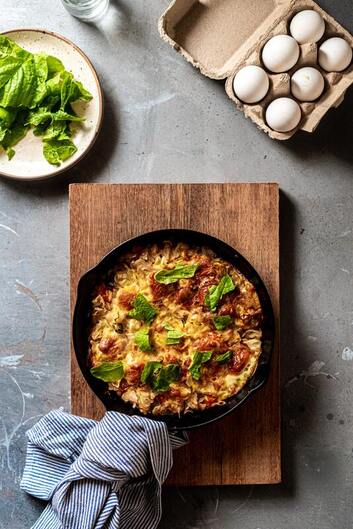 Iron is essential during pregnancy and lactation. It gives stamina to the mother, and is essential in proper brain development and blood cell formation for the baby. Also, it helps in treating and preventing iron deficiency anemia! Hence, incorporating iron-rich foods in your diet is extremely important for a healthy pregnancy and baby. Here is a list of iron foods for your pregnancy & lactation: 1. Fortified cereals - cereals which are fortified with iron are ideal for pregnancy and lactation for all you increased pregnancy needs! 2. Green leafy vegetables - Vegetables like spinach, methi, kale are all super rich in iron and very healthy for you. 3. Dried seeds & nuts like almonds, walnuts, cashews, pine nuts & raisins are very rich in iron as well. 4. Pulses & beans like legumes, red kidney beans, lentils, soybeans are all iron rich. 5. Fruits like figs, dates, pomegranates, apples all help in increasing your iron levels 6. Non-vegetarian sources of iron include chicken, eggs, meat, canned tuna, mackerel are very rich in iron. 7. Iron supplements - Nutritional supplements are very essential during pregnancy. Iron supplements like iron pills, iron injections (for severely anemic patients) and MamaBix! 8. Iron injections - For severely anemic patients, doctors may prescribe iron injections to increase your Hb levels. More than 70% of pregnant women prefer eating MamaBix over iron pills. 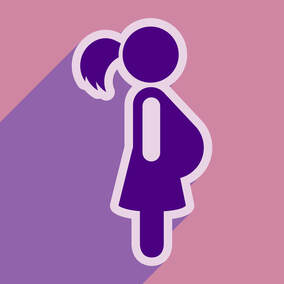 COVID-19 is the infectious disease caused by the most recently discovered coronavirus. This new virus and disease were unknown before the outbreak began in Wuhan, China, in December 2019. (WHO) We know it can be stressful watching the news or checking your social media in these days of the COVID-19 pandemic, especially if you’re pregnant or have delivered a baby recently. Below please find the most updated information that our in-house doctor has collected from reputable global health sources on COVID-19 and pregnancy. We will update regularly as more information comes in. Q: What effect does COVID-19 have on pregnant women? A: As it relates to pregnancy, there are currently no data suggesting an increased risk of miscarriage or early pregnancy loss in relation to COVID-19. (https://www.ncbi.nlm.nih.gov/pmc/articles/PMC3320293/) Pregnant women do not appear to be more severely unwell if they develop COVID-19 than the general population.(Published by RCOG - UK - March 26, 2020) Q: What effect will COVID-19 have on my baby if I am diagnosed with the infection? A: It is unlikely that if you have the virus it will cause abnormalities in your baby.(Published by RCOG - UK - March 26, 2020) Q: What can I do to reduce my risk of catching COVID-19? A: The best way to prevent illness is to avoid being exposed to this virus.
Q: What should I do if I think I may have COVID-19 or been exposed? A: If you are pregnant and you have either:
(Published by RCOG - UK - March 26, 2020) Q: Could I pass COVID-19 to my baby? A: As this is a new virus, there is limited evidence about managing women with coronavirus infection in women who have just given birth; however, there are no reports of women diagnosed with coronavirus during the third trimester of pregnancy having passed the virus to their babies while in the womb. (Published by RCOG - UK - March 26, 2020) Q: Can COVID-19 be spread through breast milk? A: In limited studies on women with COVID-19 and another coronavirus infection, Severe Acute Respiratory Syndrome (SARS-CoV), the virus has not been detected in breast milk; however we do not know whether mothers with COVID-19 can transmit the virus via breast milk. (CDC Guidelines) Q: What are the precautions for feeding the baby? A: For women wishing to breastfeed, precautions should be taken to limit viral spread to the baby: • Hand washing before touching the baby, breast pump or bottles • Avoiding coughing or sneezing on the baby while feeding at the breast • Considering wearing a face mask while breastfeeding, if available • Following recommendations for pump cleaning after each use • Considering asking someone who is well to feed expressed milk to the baby (Published by RCOG - UK - March 26, 2020) For more information on COVID-19 & pregnancy, check the links below to our COVID page including videos on guidance for your protection during COVID-19. Stay safe!
|
© COPYRIGHT 2020. ALL RIGHTS RESERVED.

